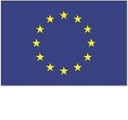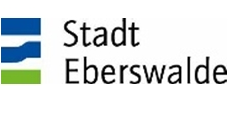IFSA-Workshop 1.2
IFSA-Workshop 1.2 ‚ÄėEvaluation of policy schemes supporting innovation and advisory services: new concepts, methodologies and case studies‚Äô
IFSA Symposium in Berlin, 1.-4. April 2014 (Book of Abstracts)
Abstract for workshop 1.2
The production of knowledge and the support to innovation are projected to become key priorities of agricultural and rural policies. Nevertheless, the huge diversity of policy conception and implementation indicates the need for evaluation and analyses which aim at identifying the policy that best fits in the particular context, including a North-South exchange about cases, concepts and methodologies.
This workshop highlighted public policies and instruments aimed at supporting innovation in the agricultural sector (e.g. advisory services). We discussed the advances, concepts and outcomes of various researches about the planning (objectives), the implementation (modalities) and also the evaluation (outcomes) of such public policies and programmes.
The sessions of WS1.2 focused on two main topics (see agenda of WG1.2)
Topic 2) Evaluating the interpretation and implementation of the ‚ÄėEuropean Innovation Partnership Agricultural Productivity and Sustainability‚Äô (EIP-Agri) at national and regional level?
Author | Titel | Downloads |
Olive Hood, Jeff Coutts, Gus Hamilton, Janice Jiggins | Analysis of the Role of an Innovation Broker Appointed by an Environmental Innovation Partnership in the Cotton Industry, Queensland, Australia | |
Jeff Coutts, Neels Botha & James Turner (Coutts J&R; NZ AgResearch) | Evaluating a Co-Innovation Policy Initiative in New Zealand | |
Krijn Poppe | Linking Innovation and Research in AKIS |
Topic 1) Public policies dealing with agricultural and rural services
After the presentation of papers, a panel discussion was held aiming to analyse approaches for monitoring and evaluation of the new innovation partnership concept, its operational groups, networks, focus groups etc. The panel consisted of invited expert guests and authors of the working group. Minutes from the panel event present key results of the discussion.










